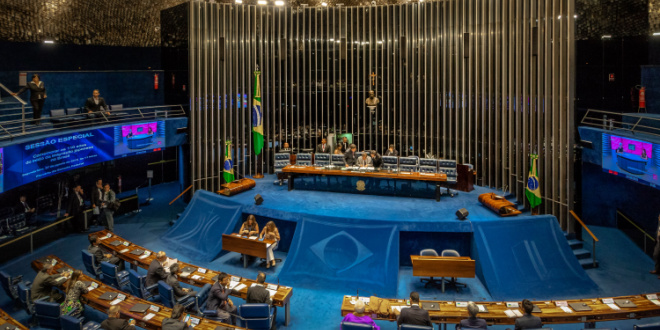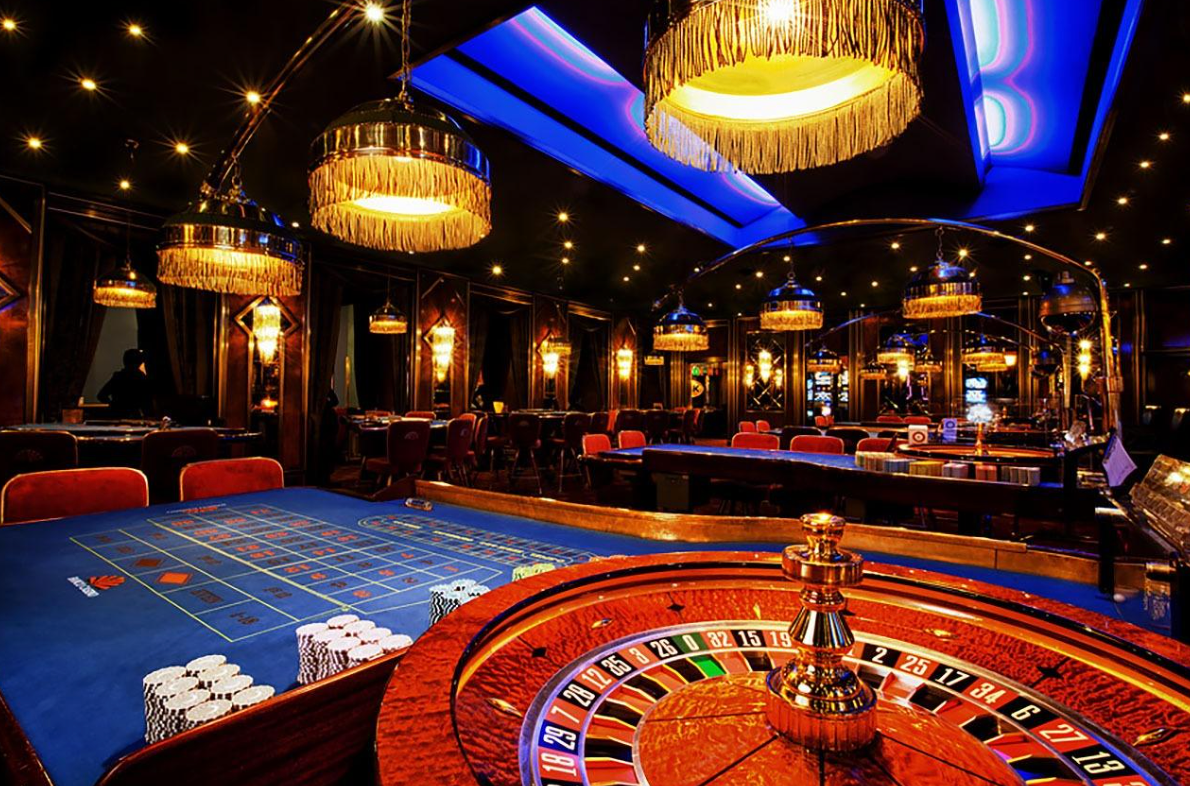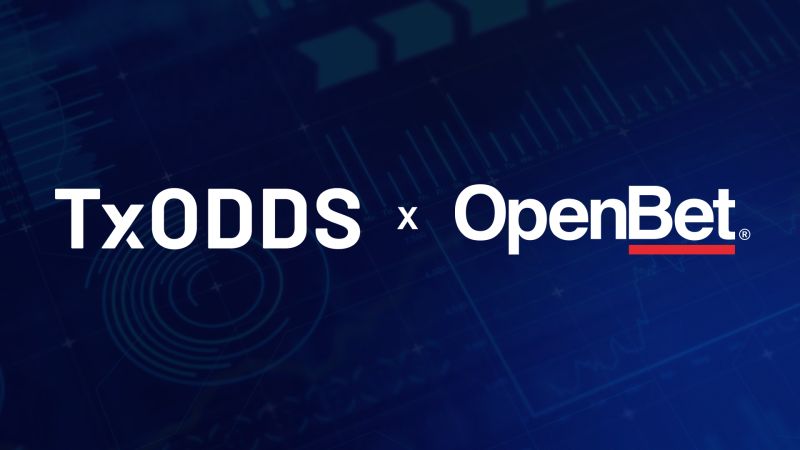A session in the Senate is planned for tomorrow to talk about a proposal to regulate casino, bingo, and horse racing activities.
Key Points
- Tomorrow, the Brazilian Senate plans to consider a proposal aimed at introducing rules for land-based gambling.
- The regulations in the bill outline the operational requirements for land-based casinos, bingo, and horse racing.
- Operators who want to enter the market must demonstrate that they have at least BR 10 million in paid-up capital before applying for a license.
Bill 2,234/2022 passed by the Chamber of Deputies and then discussed in the Senate’s Constitution and Justice Committee (CCJ) last summer, now moves to a hearing tomorrow in the Senate, aiming to make land-based casinos, bingo, and horse racing legal. Integrated casinos could be permitted within tourist spots, leisure resorts, or hotels with more than 100 rooms, if the bill receives approval, following the January regulation of iGaming and sports betting in Brazil.

Proposed Brazilian Gambling Bill Outlines Casino Limits, Bingo Regulations, and Advertising Restrictions
A more detailed part of the bill allows for one casino in each state and in the Federal District, but São Paulo would be able to have three casino locations. In contrast, Rio de Janeiro, Minas Gerais, Amazonas, and Pará could each have two. The proposed bill’s bingo rules will apply to both online and land-based bingo, with permission granted for one bingo hall per city and, in larger cities, one for each group of 150,000 people. Operators must demonstrate a minimum paid-up capital of BRL 10 million, equivalent to approximately $1.83 million. Approved bingo operators can run their halls for as long as 25 years, and they can renew this licence for 25 more years if they wish.
The bill includes rules for riverboat casinos, applying to vessels with over 50 rooms, which determine the number of licenses based on river length and the frequency of boat travel. Should the bill become law, slot machines must be registered and checked by the government. Each state or Federal District allows for one animal racing operator per 700,000 residents, and horseracing groups that the Ministry of Agriculture permits may run races. In May, the Senate also agreed on a new set of rules for gambling ads, which include blocking athletes, influencers, and celebrities from promoting betting and implementing other changes.

 Companies
Companies 




